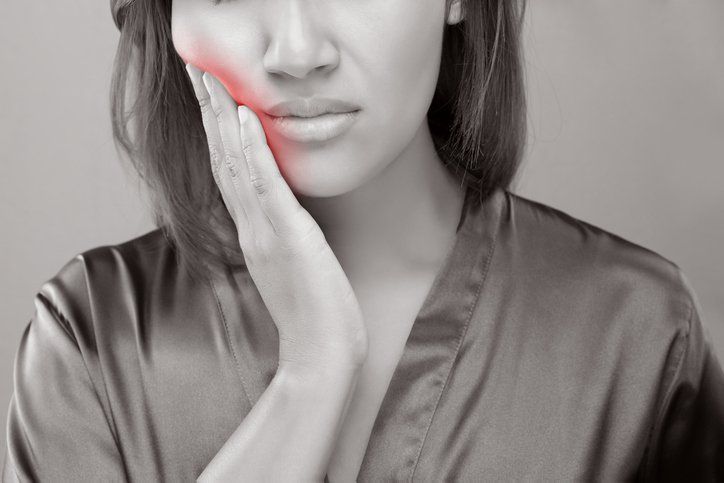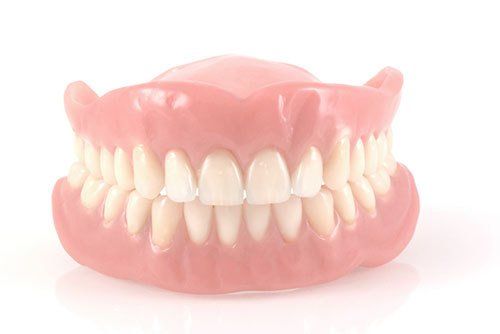Signs You Might Need a Root Canal
Signs You Might Need a Root Canal
Tooth pain can disrupt your daily life, making eating, drinking, and even talking uncomfortable. While some dental discomfort is temporary, persistent pain might signal a deeper issue requiring professional attention. One common solution for severe dental problems like infection or damage is a root canal. But how do you know when it’s time to consider this procedure? Here are the key signs that you might need a root canal, what the procedure involves, and why it’s essential for saving your natural tooth.
Recognizing the signs of a potential issue early can save you from prolonged discomfort and additional complications. If you’re experiencing any of the following symptoms, it’s essential to consult with your dentist promptly:
Persistent Tooth Pain
Tooth pain that doesn’t go away is one of the most common signs of a problem requiring a root canal. The pain may be constant or fluctuate but tends to worsen when you chew, touch the tooth, or expose it to temperature changes. Persistent pain often means the pulp inside your tooth is inflamed or infected. Ignoring this pain can allow the infection to spread, leading to more severe oral health problems.
Sensitivity to Hot or Cold
Do you feel a sharp sensation when sipping hot coffee or biting into an ice cream cone? Increased sensitivity to hot or cold temperatures, especially if it lingers long after the stimulus is removed, could mean the nerve inside your tooth is damaged. This is often a sign of decay or an infection that has penetrated deep into the tooth.
Swollen or Tender Gums
Swelling around a specific tooth might indicate a bacterial infection. Swollen gums can appear red, puffy, or even painful to the touch. It’s not uncommon for an advanced infection to cause small, pimple-like bumps (known as gum boils) to form on the gums near the problematic tooth. These bumps may drain pus, which is a clear sign of an active infection requiring treatment.
Tooth Discoloration
A tooth that becomes discolored, particularly if it turns dark yellow, brown, or gray, could be a sign that its inner pulp is severely damaged. This discoloration may result from trauma or decay affecting the blood supply to the tooth. Though there are cosmetic fixes for discoloration, addressing the underlying issue is crucial for preserving the tooth’s health.
Chipped or Cracked Tooth
If you've chipped or cracked a tooth, whether from an injury or grinding your teeth at night, it may have opened up pathways for bacteria to infect the pulp. Even if the crack isn’t immediately painful, it’s worth having a dentist examine the damage. Once bacteria reach the pulp, you’re at a higher risk of infection and may need a root canal to resolve it.
Loose Tooth
An adult tooth that feels loose or unstable can signal issues below the surface. Infection-related pressure or bone loss caused by illness surrounding the tooth can lead to looseness. Don’t wait for the tooth to fall out—get it checked immediately to explore your treatment options.
Schedule a Visit Today!
If you’re experiencing symptoms of a tooth infection, such as swelling, sensitivity, or ongoing pain, it’s important to address the issue promptly. Ignoring these symptoms can lead to more serious complications. Reach out to Anderson General Dentistry right away for proper care and treatment. We are dedicated to protecting your oral health and ensuring your comfort throughout the process. Our team is here to provide personalized care and effective solutions to meet your needs. Call us today to schedule your appointment and take the first step toward relief and a healthier smile.









